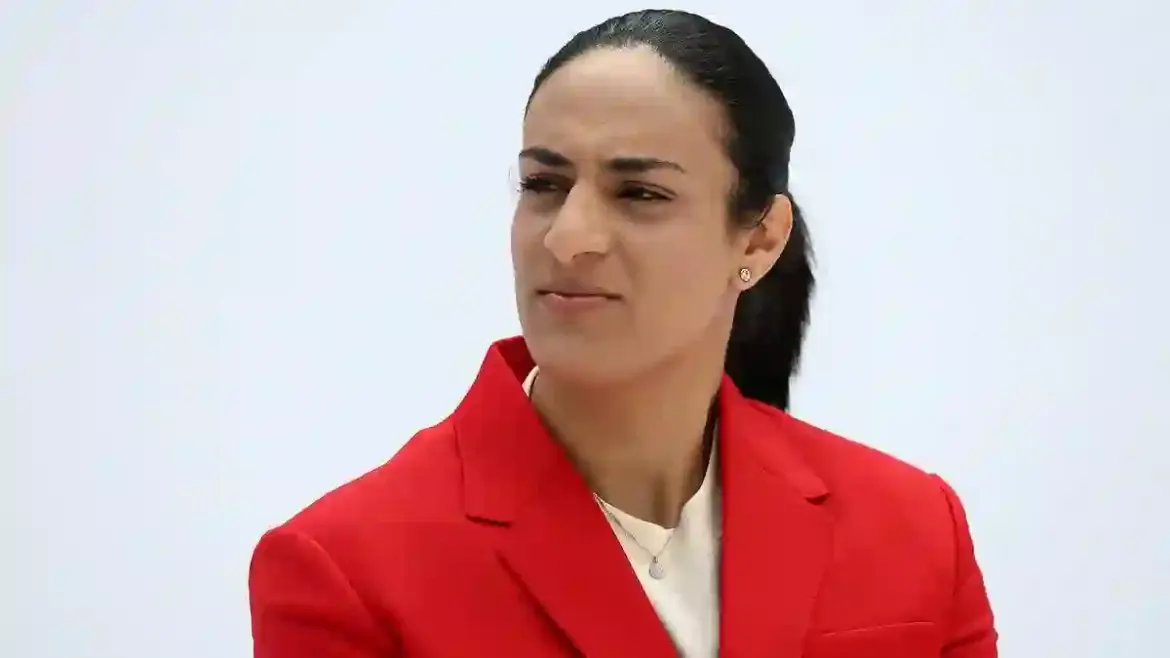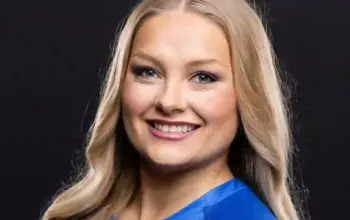Imane Khelif, the Algerian boxer at the center of a heated gender debate, is not going down without a fight.
After being barred from competing in World Boxing events unless she submits to a sex test, the 26-year-old has taken her case to the Court of Arbitration for Sport (CAS), aiming to overturn the ban and reclaim her right to box without undergoing such testing.
The Controversial Ban
The row began earlier this year when World Boxing introduced a new policy of mandatory sex testing.
Khelif, who controversially claimed welterweight gold in Paris, was explicitly named in the announcement, prompting World Boxing to later apologize for the public naming.
The ban prevented her from entering the Box Cup in Eindhoven and any other World Boxing event until she complied with genetic sex testing.
Appeal Filed and CAS Involvement
Khelif officially filed her appeal earlier this month, seeking a reversal of World Boxing’s decision.
Her case also requests that CAS confirm her eligibility for the 2025 World Boxing Championships, scheduled from 4 to 14 September, without requiring her to take a sex test.
Earlier today, CAS declined a request to suspend the ban while the appeal is under review, meaning Khelif remains sidelined for now.
Both parties are currently exchanging written submissions, with a formal hearing set to be scheduled in the coming weeks.
A History of Disqualifications and Olympic Triumph
Khelif’s challenges are not new. She, alongside Taiwanese boxer Lin Yu-ting, was disqualified from the 2023 World Championships by the previous governing body, the International Boxing Association (IBA), after allegations of failing gender tests.
However, both fighters were later cleared by the International Olympic Committee (IOC) for the Paris Games.
The IOC, which had stripped the IBA of its governing status amid corruption concerns, allowed them to compete in the women’s division based solely on their passports.
Both Khelif and Lin went on to win gold medals in their respective categories.
The Debate Continues
The case has reignited a broader debate over gender verification in sport.
Supporters argue that athletes like Khelif deserve the right to compete without invasive testing, while governing bodies emphasize fairness in women’s competitions.
For Khelif, the next few weeks at CAS will be crucial, as her appeal could determine whether she can continue her career unimpeded or remain sidelined by the current regulations.


